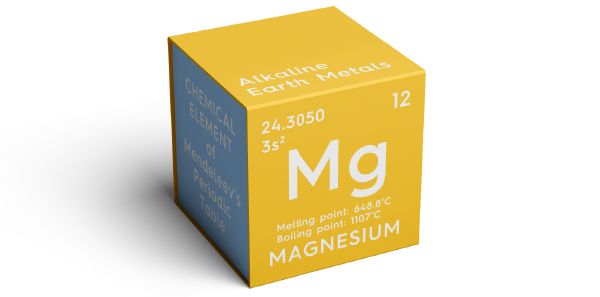
Fads come and go. However, in the world of free open access medical education (#FOAMed), some favorite topics have stood the test of time. For example, FOAMed loves to talk about ketamine, managing the difficult airway, and, for some reason, magnesium. People seem to love the idea that magnesium, a humble group 2 alkaline Earth metal, might possibly be an effective treatment for so many different medical conditions.
Explore This Issue
ACEP Now: Vol 37 – No 12 – December 2018Recently on our podcast, we reviewed the evidence for using magnesium for rate control in atrial fibrillation, pain relief in migraine headaches, and symptom control for asthma exacerbations. Let’s take a look at some of the data we considered.
A recent randomized, double-blind, placebo-controlled trial conducted in Tunisia assessed the efficacy of intravenous magnesium sulfate as an adjunct for rate control in patients with rapid atrial fibrillation.1 Patients who presented to the emergency department in rapid atrial fibrillation (rates greater than 120 beats per minute) received any rate control agent chosen by the treating physician. They were randomized to additionally receive either IV magnesium (either a low or a high dose) or a similar amount of IV fluid as placebo. The results? Magnesium seems to have helped achieve a heart rate of <90 beats per minute (or a 20 percent decrease from the initial rate) at four hours. Both the low and high doses of IV magnesium (4.5 g and 9 g) were effective, but the low dose was less likely to cause side effects such as flushing or bradycardia; hypotension was exceedingly rare.
However, there are some caveats to consider. Most of all, this trial does not reflect the traditional practice pattern in the United States. The most common rate control agent used in the trial was digoxin. That meant that the average time to rate control in the group that received digoxin alone (the placebo arm) was around 8.5 hours. Today, when using calcium channel blockers like diltiazem or beta blockers like metoprolol, we expect rate control far sooner. While some patients in this study did receive atrioventricular nodal blockers that more closely reflect common practice in the United States, the data for that subset were not shown in the paper.
Interestingly, the authors claim that the results in that subset also favored magnesium as an adjunct. We would call this a soft win for magnesium, but we would love to see a trial that mainly uses beta blockers or calcium channel blockers as opposed to digoxin.
Pages: 1 2 3 | Single Page





No Responses to “Is Magnesium a Wonder Drug? FOAMcast Reviews the Studies”